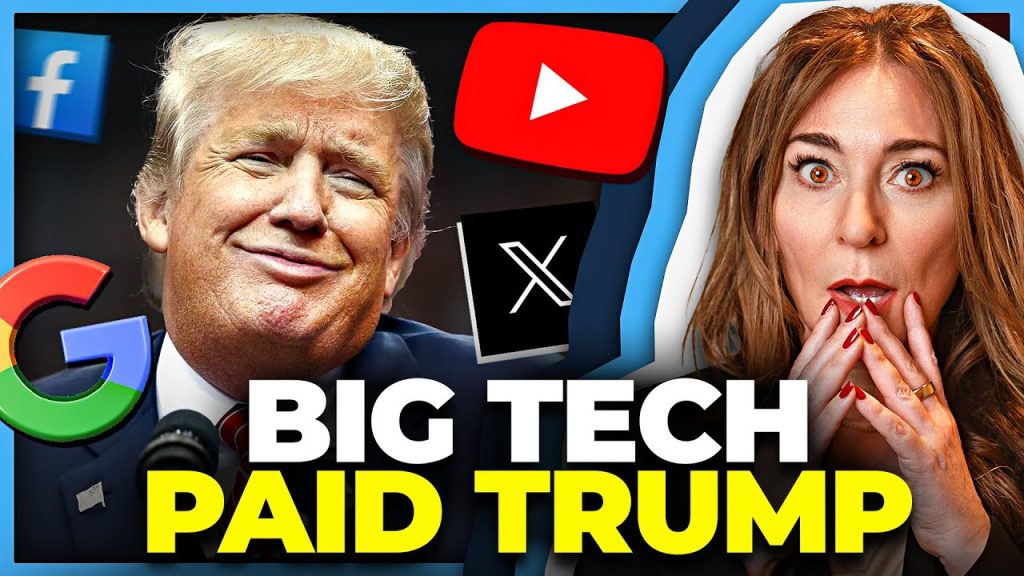The title “YouTube Capitulates to Trump” hints at a contentious debate over the actions and policies of the popular video-sharing platform in relation to former President Donald Trump. With increasing scrutiny over how social media companies moderate political content, this phrase suggests that YouTube may have altered its stance or enforcement approach due to political pressure or influence from Trump or his affiliates.
Over the past several years, tech platforms like YouTube have faced fierce criticism from multiple political angles. On one side, conservative voices—including Trump supporters—have argued that these platforms censor or unfairly restrict right-leaning content, framing it as a bias against conservative speech. On the other side, critics say that platforms fail to adequately police misinformation, hate speech, and incitements to violence, particularly those linked to Trump’s rhetoric during pivotal events such as the 2020 presidential election and the January 6th Capitol riot.
YouTube’s policies on content moderation have evolved significantly in this charged atmosphere. The platform has faced pressure both to remove videos that violate guidelines around misinformation and harmful content, and simultaneously to uphold free expression for influential political figures. Trump’s presence on major platforms has been controversial, culminating in bans and suspensions following the Capitol attack, although some of these restrictions have been reconsidered or contested over time.
The conversation about YouTube “capitulating” suggests that the platform could have shifted its policies, enforcement, or public stance in response to political pressures rather than purely community standards or algorithmic moderation. This raises broader questions about the role of powerful tech companies in shaping political discourse, their responsibility to balance free speech with safety, and how they navigate the tangled web of political influence and public trust.
As the relationship between politics and digital platforms continues to evolve, careful observation of these dynamics is essential to understanding the future landscape of political communication and media regulation.
Where to Learn More
- The New York Times – Technology – In-depth coverage of social media policies and political implications
- The Washington Post – Technology – Comprehensive analysis on tech companies and political discourse
- Politico – Technology & Policy – Updates on regulation and tech industry politics
- Brookings Institution – Technology Policy – Expert research and policy discussion regarding digital platforms
- Pew Research Center – Media and Politics – Data-driven insights on media influence in political contexts




